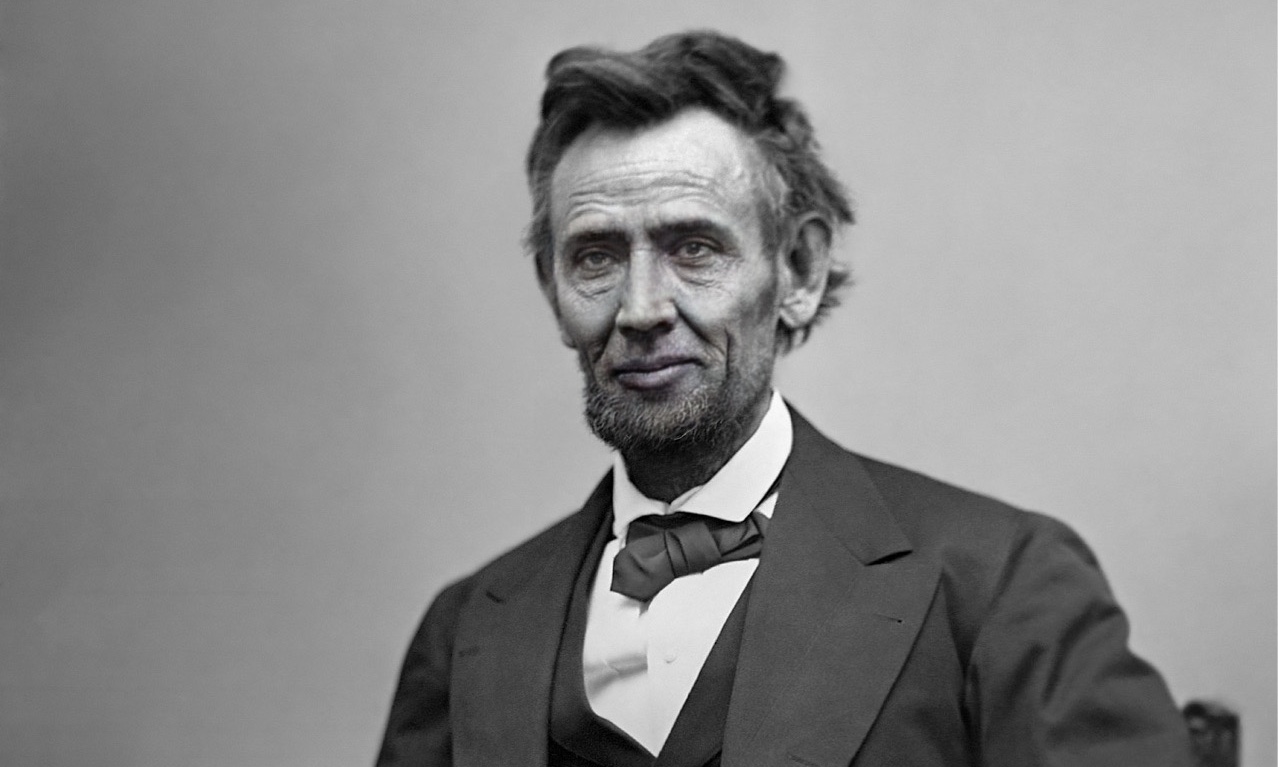zoharmusic.com – Abraham Lincoln, the 16th President of the United States, is often revered as one of the nation’s greatest leaders. His legacy is inextricably linked with the abolition of slavery, earning him the title “The Great Emancipator.” Lincoln’s journey from a humble log cabin in Kentucky to the White House is a testament to his resilience, intelligence, and unwavering commitment to justice.
Early Life and Political Career
Born on February 12, 1809, in Hardin County, Kentucky, Lincoln’s early life was marked by poverty and hardship. Despite limited formal education, he developed a love for learning and became an avid reader. His political career began in the 1830s when he served in the Illinois Legislature. Lincoln’s eloquence and legal prowess soon propelled him into national politics, culminating in his election as president in 1860.
The Civil War and Emancipation
Lincoln’s presidency coincided with the most tumultuous period in American history—the Civil War. The conflict, which erupted shortly after his inauguration, was primarily over the issue of slavery and states’ rights. Lincoln’s primary objective was to preserve the Union, but as the war progressed, the abolition of slavery became increasingly central to his administration’s goals.
On January 1, 1863, Lincoln issued the Emancipation Proclamation, declaring that all slaves in Confederate-held territory were to be set free. Although the proclamation did not immediately free all slaves—it did not apply to border states or areas under Union control—it was a pivotal moment in the struggle for emancipation. It transformed the Civil War into a moral crusade against slavery and paved the way for the 13th Amendment, which officially abolished slavery throughout the United States in 1865.
Leadership and Legacy
Lincoln’s leadership during the Civil War was marked by strategic acumen and moral clarity. He skillfully managed the Union war effort, appointing capable generals like Ulysses S. Grant and William Tecumseh Sherman. His Gettysburg Address, delivered in November 1863, articulated the principles for which the Union fought: “government of the people, by the people, for the people.”
Lincoln’s assassination on April 14, 1865, by John Wilkes Booth, a Confederate sympathizer, shocked the nation and the world. His death came just five days after the Confederate surrender at Appomattox Court House, effectively ending the Civil War.
Conclusion
Abraham Lincoln’s legacy as “The Great Emancipator” endures. His commitment to ending slavery and preserving the Union laid the foundation for a more just and equitable America. Lincoln’s life and presidency serve as a powerful reminder of the transformative power of leadership grounded in moral conviction and a steadfast belief in the principles of liberty and equality.
